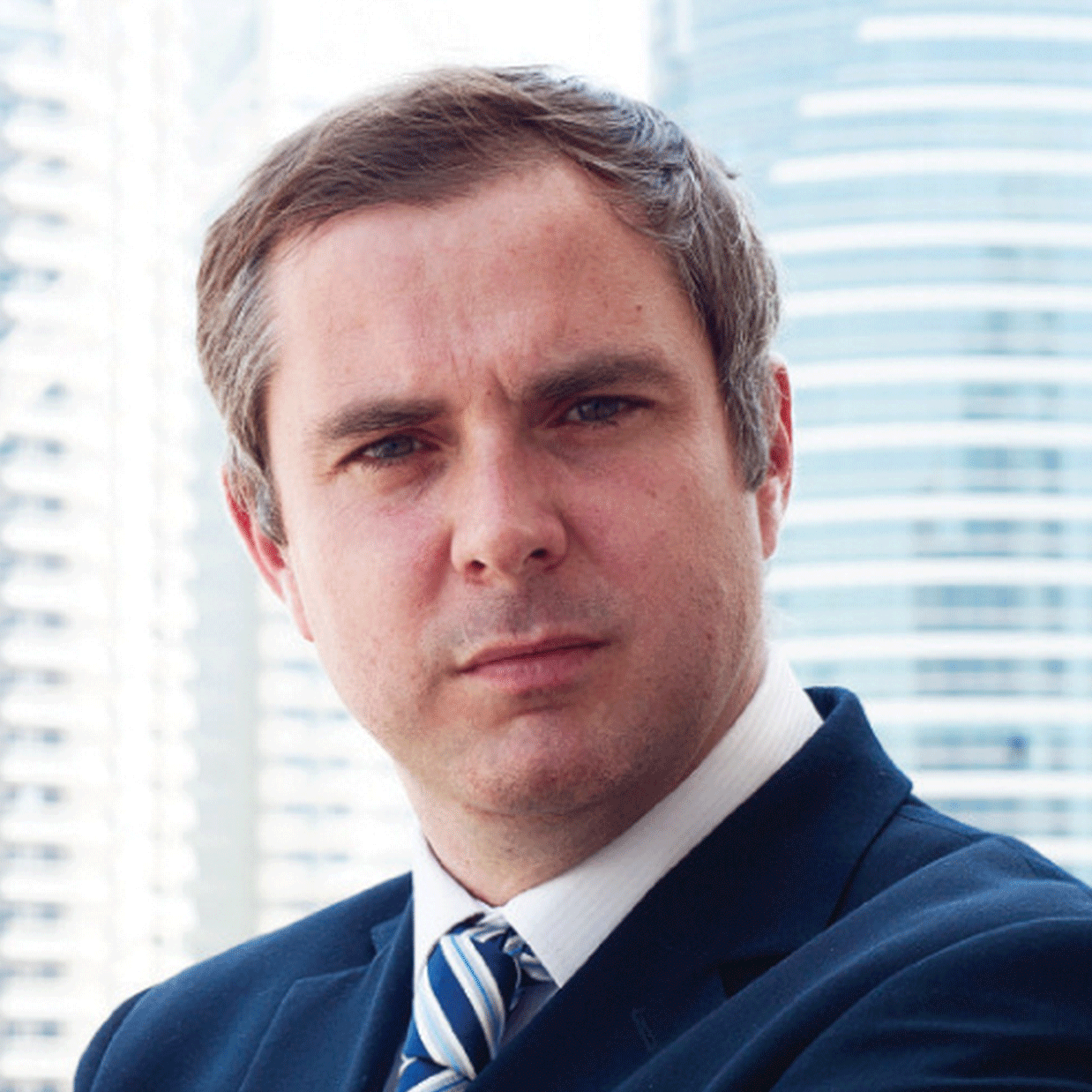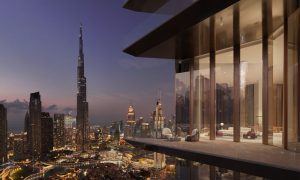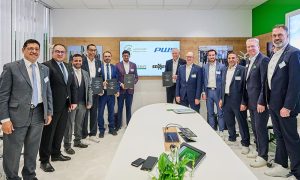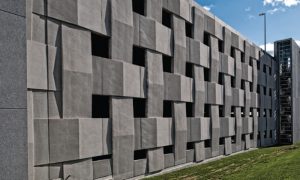Rail, riots and results
The idea of Brazil losing the right to host next year’s 2014 FIFA World Cup became a real possibility this summer after protests broke out across the country. Construction Machinery Middle East asks what can the industry and Qatar learn from Brazil?

pose a challenge to the growth of this market.
According to an analyst from the Engineering team at Research and Markets, despite the advantages of the effective deployment of construction equipment, the high price of construction equipment hinders its adoption among small and medium-sized enterprises.
“Therefore, some construction equipment vendors have started offering equipment such as forklifts, backhoes, and wheel loaders on a rental basis. This allows cost-driven organisations in Brazil to opt for the latest technology construction equipment at minimal cost, thereby improving their operational productivity. Therefore, the availability of construction equipment on a rental basis encourages customers to use a wide range of construction equipment.”
What Qatar can learn
With Brazil now less than a year away from hosting the 2014 FIFA World Cup, there is a definite sense of anxiety over whether the country is truly ready to host the event. The protests that have engulfed Brazil have shone a harsh spotlight on the problems the country faces, and will continue to face, as the World Cup approaches.
From a strictly construction point of view, there have been allegations of corruption, poor build quality and a lack of understanding of what it takes to build the stadiums and infrastructure to internationally accepted standards.
While organisers and the Brazilian government remain confident that all the issues will be ironed out ahead of the World Cup, there are valuable lessons that can be learnt from their struggles, which can be applied to Qatar as it gears up for its own considerable challenge in 2022.
Keeping that in mind, we spoke to the one man who is quite possibly, the best placed to judge both countries’ preparations in a fair and balanced manner.
Jan Schoenig is the Siemens programme manager for the 2022 Football World Cup in Qatar, and prior to his current role, was heavily involved in the preparations for the Brazilian World Cup. Furthermore, he has extensive experience in developing stadium technology, having been involved in global sporting events over the last eight years.
“It’s a bit early to say, there’s still nine years to go,” he says “But all what I see is perfect. They have already established a programme office, they already have the stadiums partially assigned to architects and they even have a vision for transportation, which is going to be tendered soon.”
“I’m very optimistic that it’ll be totally different to the way things were done in both South Africa and Brazil, where things were done at the very last minute,” Schoenig says.
The advantage that Qatar has, compared to Brazil and South Africa, is that the people in charge of the World Cup have taken a long, hard look at what went wrong during the preparation process in those two countries, and have resolved not to allow the same mistakes to happen again. One of the biggest challenges facing any country while preparing for major events like the World Cup is dealing with the bureaucracy that comes from all the various sectors of government trying to work alongside each other.
Qatar will be no different, which is an unfortunate truth. The government will play a massive role in developing the stadium and assorted infrastructure, but in an effort to mitigate any confusion and hold ups, the Supreme Committee for Qatar 2022 has appointed Clifford Chance, the international law firm to be an advisor for its technical program.
Amongst its duties, the law firm will advise on the development of the main ‘iconic stadium’ for the FIFA event, which will seat more than 85,000 fans.
Richard Parris, the managing partner of Clifford Chance’s Doha office, says that the law firm’s expertise in procurement for major sporting events will allow it to assist Qatar in its preparations.
Furthermore, he adds that Clifford Chane’s ability to mobilise an international team and its experience in Doha helped it win the mandate for the event.
“We are delighted to have been appointed by the Supreme Committee on this landmark infrastructure program for the 2022 FIFA World Cup and we are excited to be working on a project of this magnitude.”
“It is also a privilege to be working on a high profile project such as the Iconic Stadium which will set the benchmark for stadium development.”
Andrew Longmate, general counsel for the Supreme Committee, adds that “The 2022 FIFA World Cup is a prestigious and high profile event. It is essential that we work with suppliers who are best in class and can deliver a quality service.”
It is this attitude that gives Schoenig hope that the Qatar World Cup will be a completely different experience for him, compared to the one in Brazil.
“In Brazil, they’re struggling in a lot of areas because they believe that it could have been done differently,” he explains.
“We had a conference recently, where a contractor















